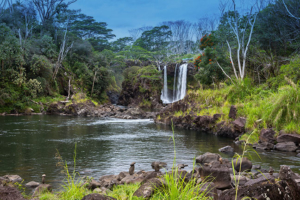
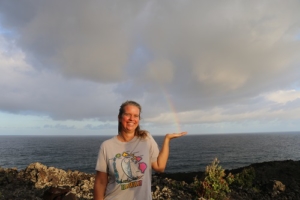
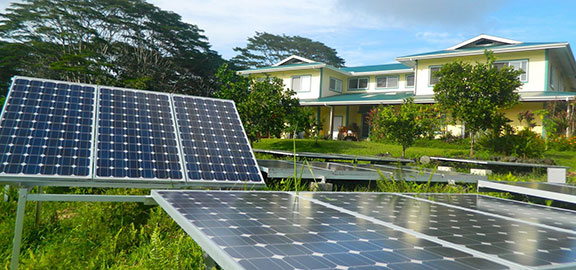
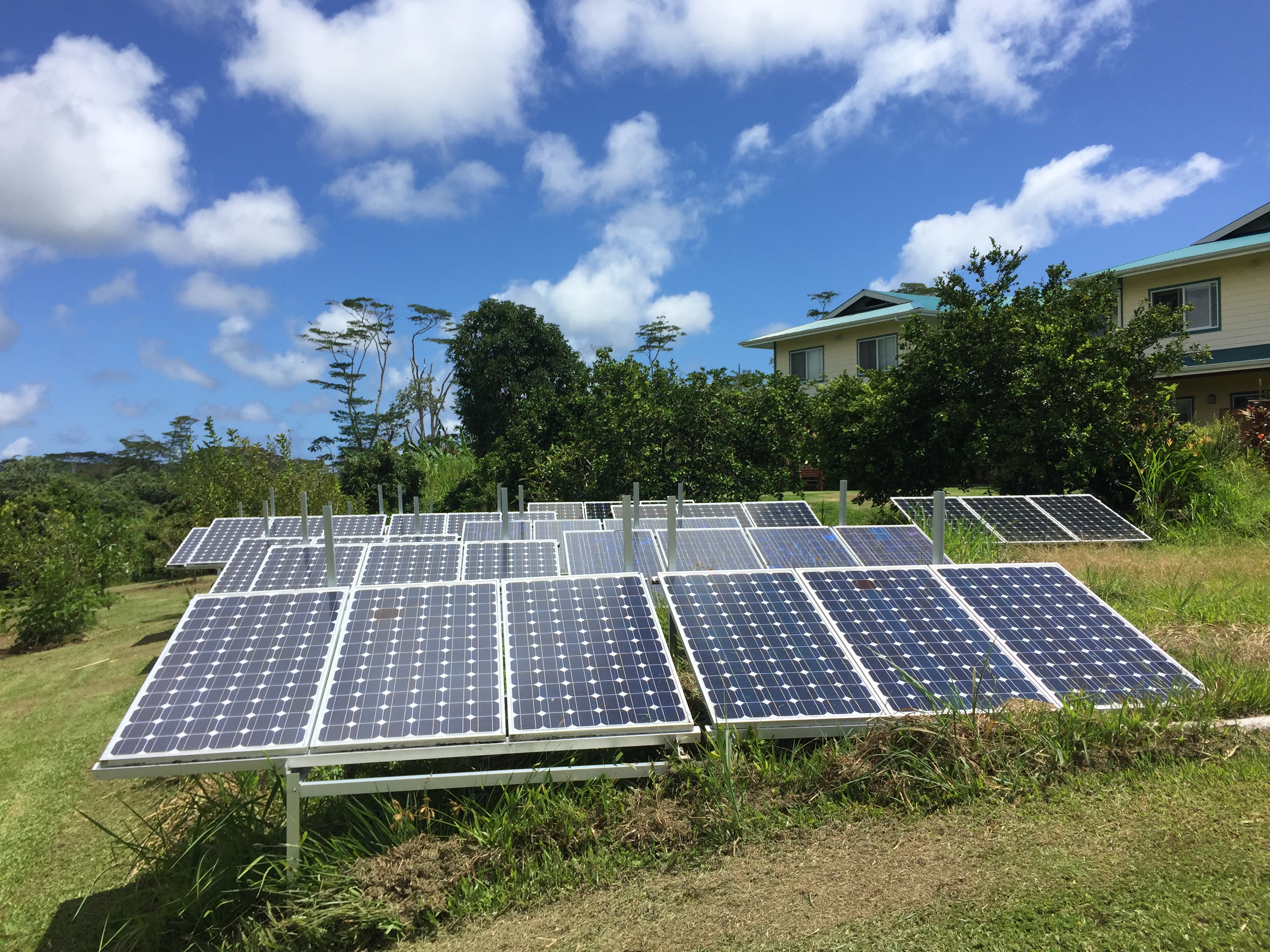
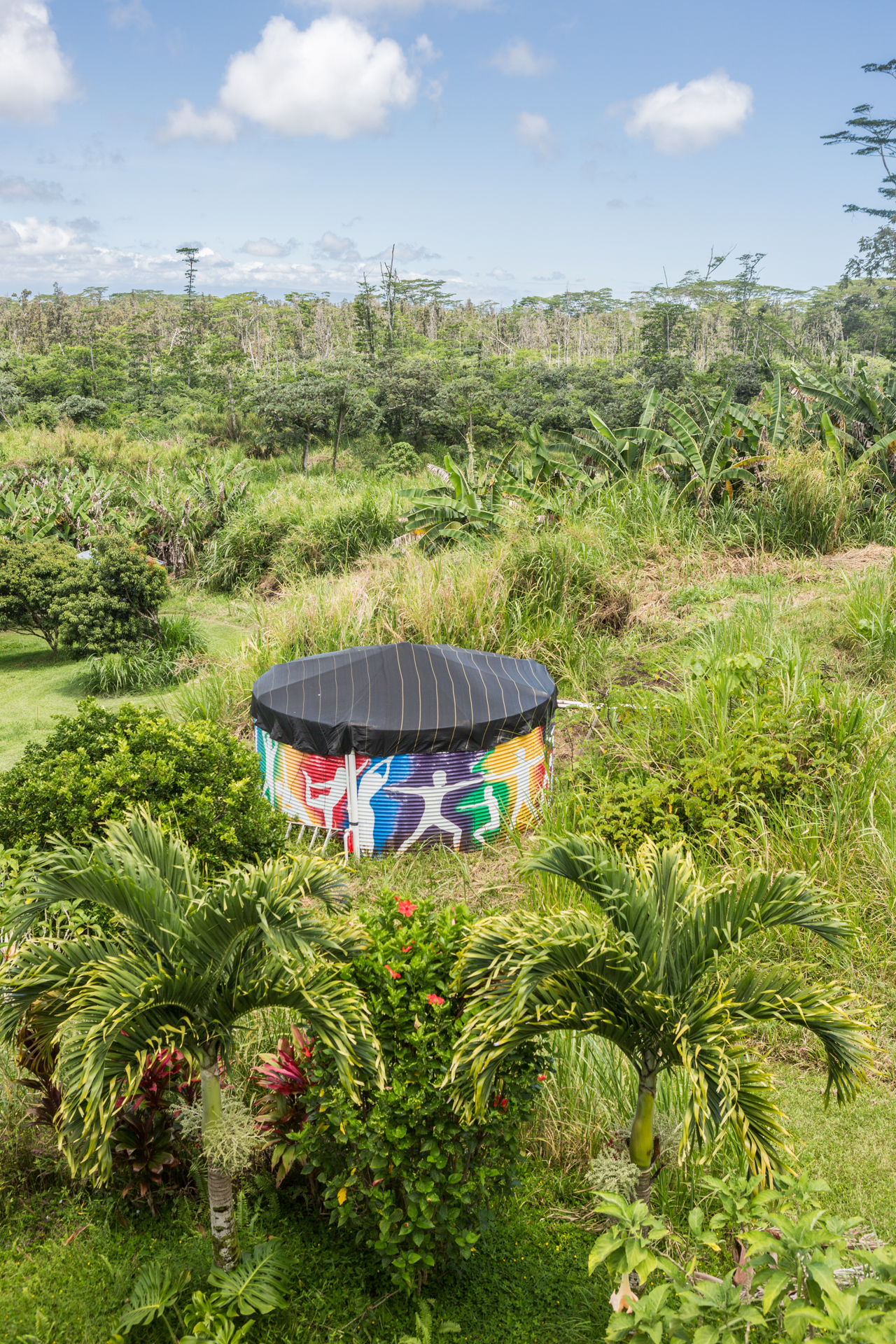
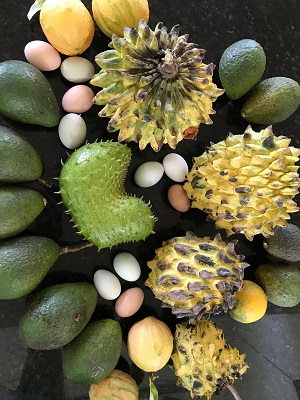
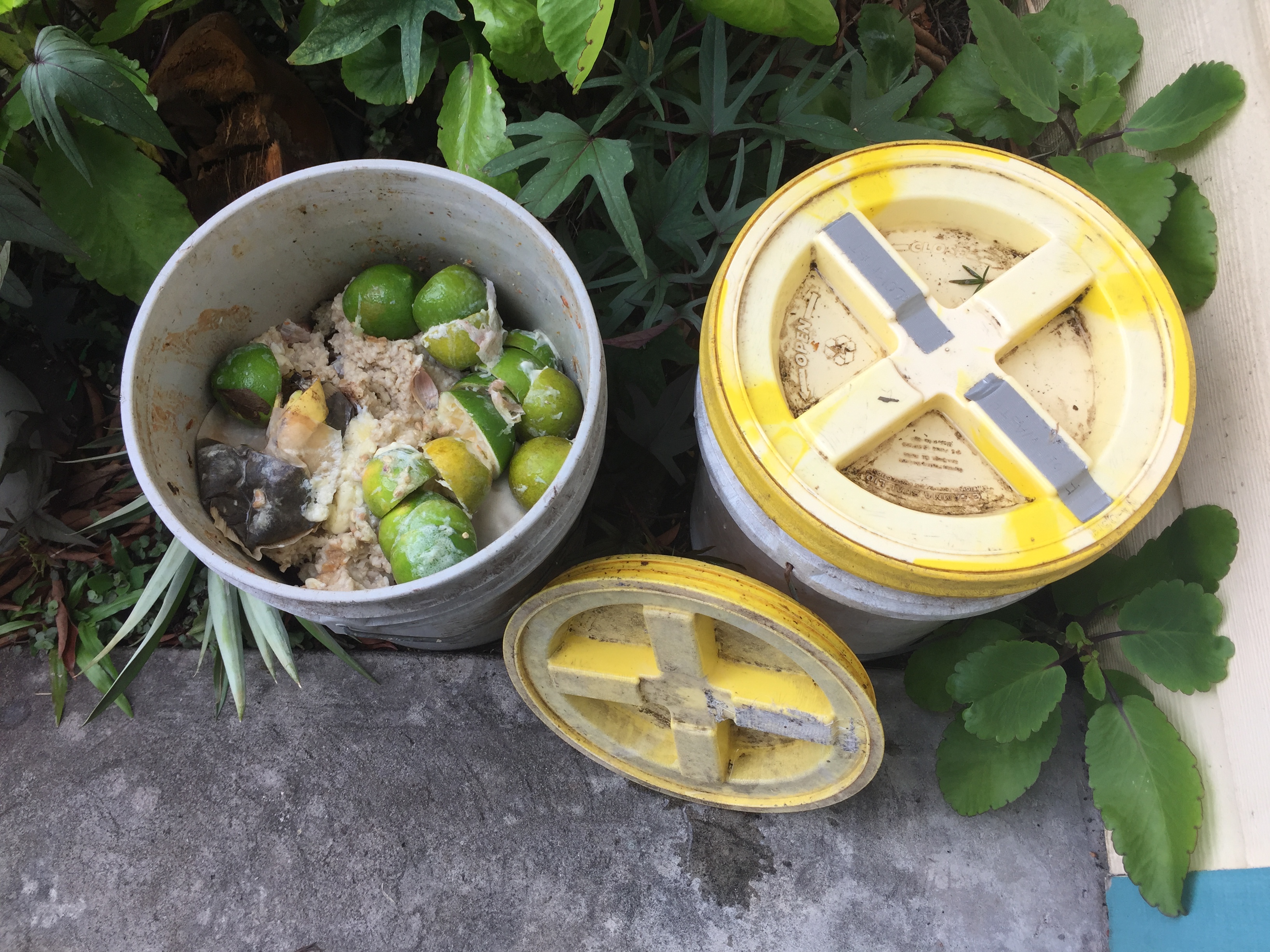
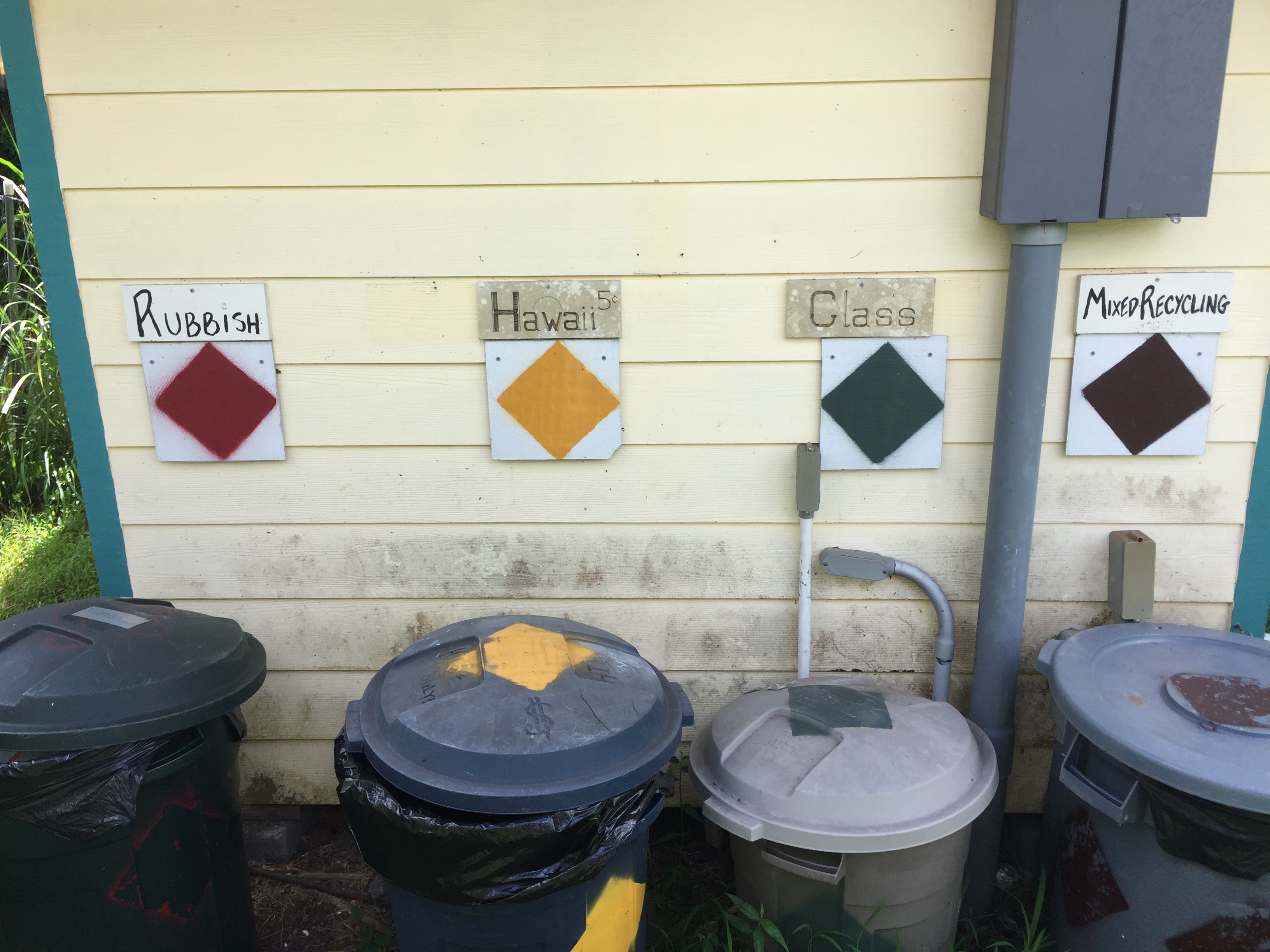
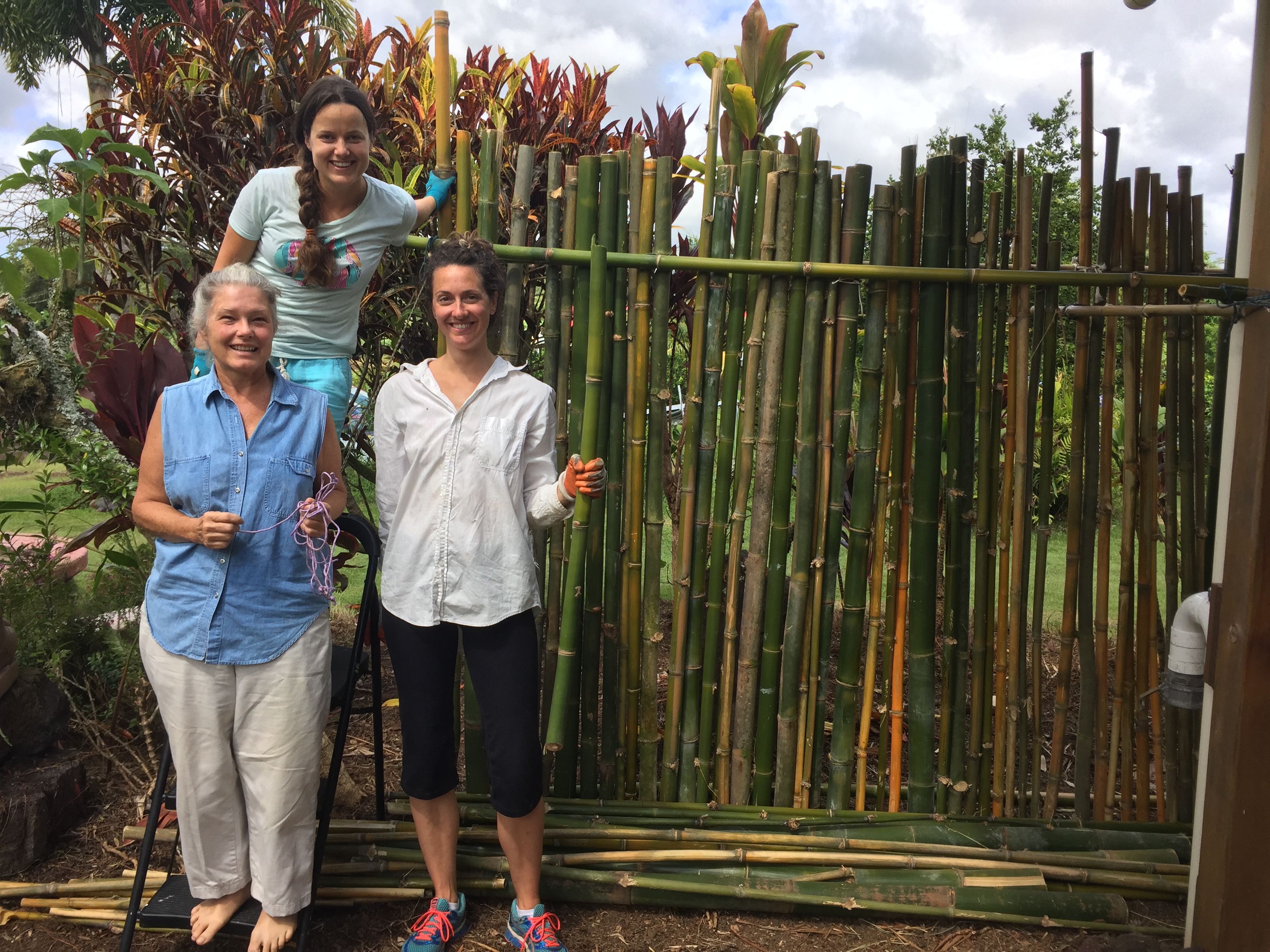
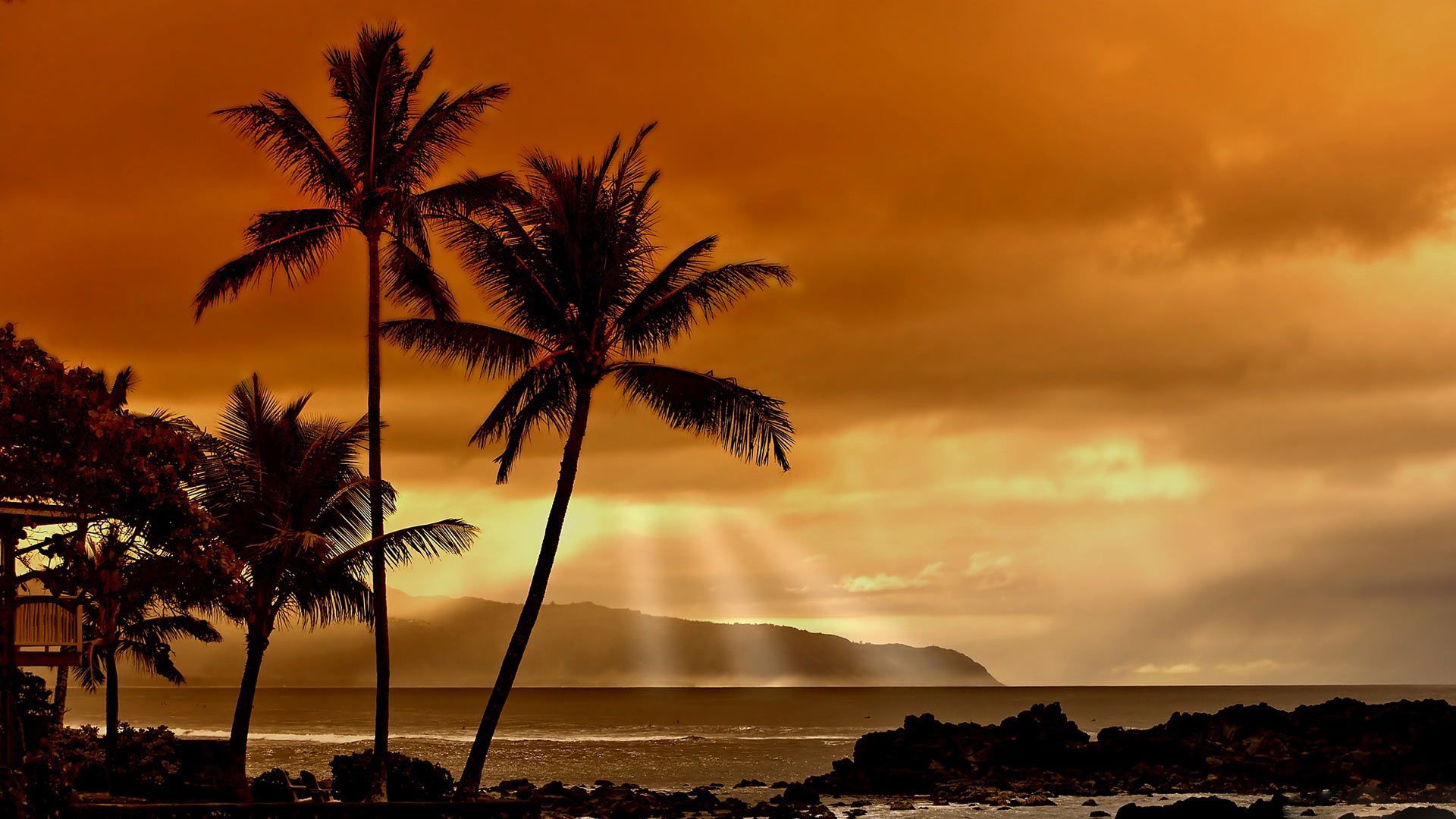
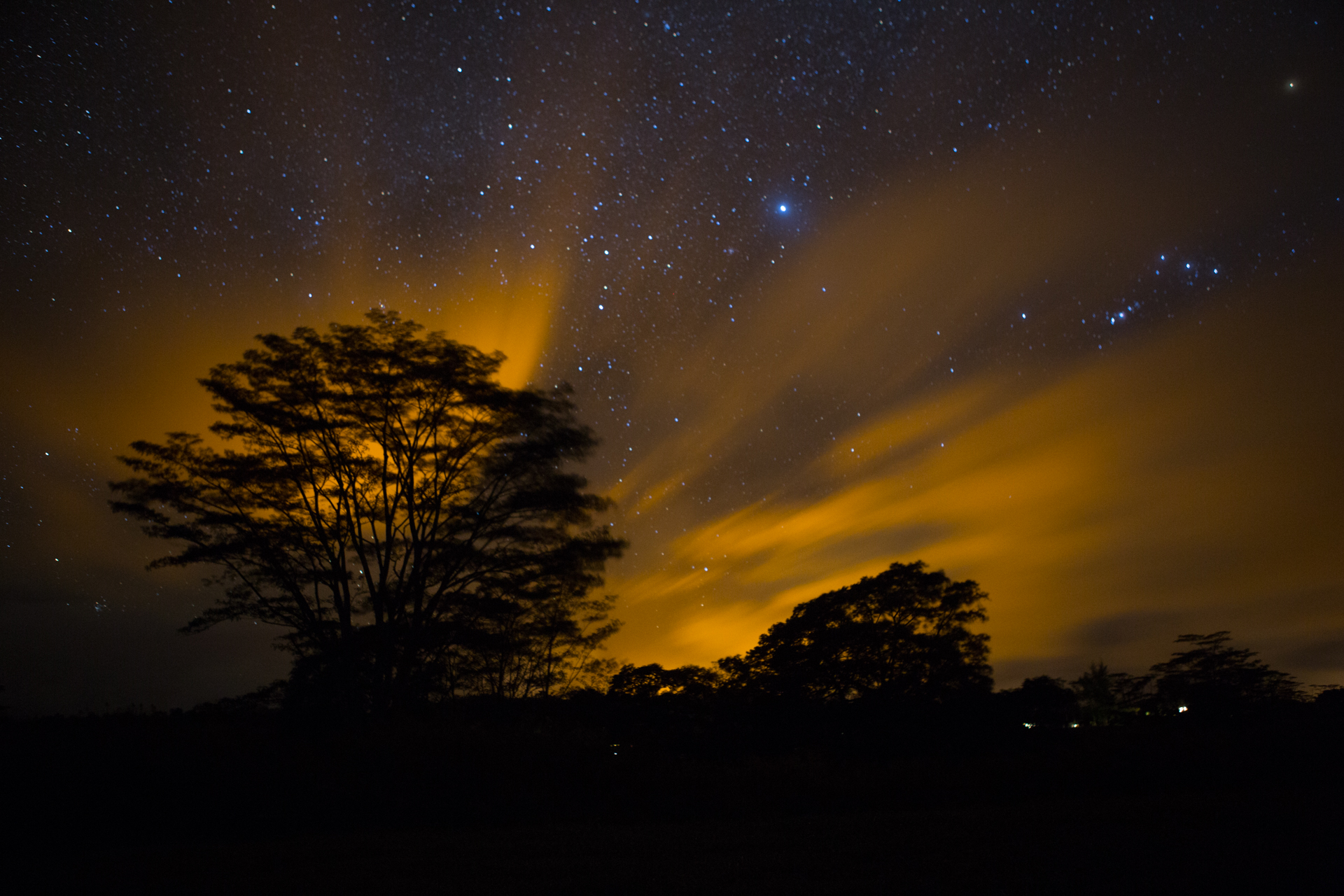
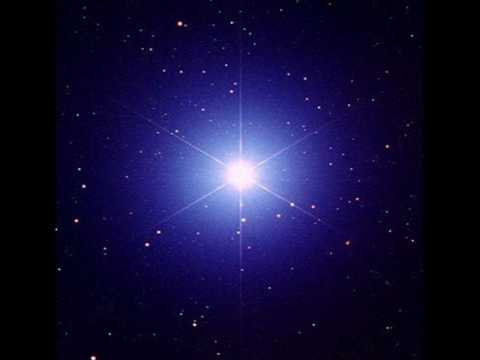
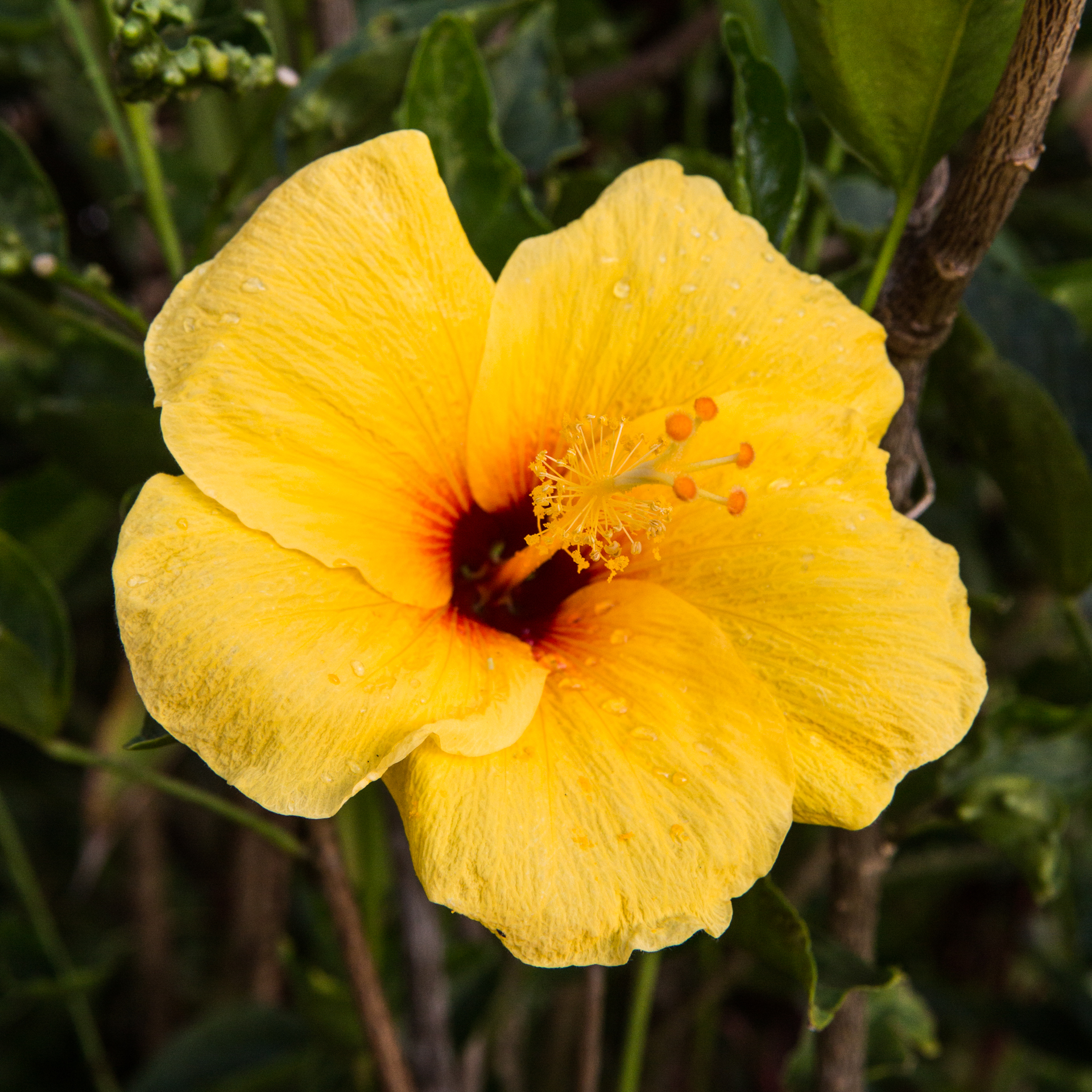
Sustainability at Polestar Gardens: Off-Grid Living in Hawaii
“Harmony with nature will bring you a happiness known to few city dwellers. In the company of other truth seekers it will be easier for you to meditate and think beyond yourself.”
– Paramhansa Yogananda
When attuned to Spirit, so Yogananda taught, one will automatically find an inner harmony with nature and with all the laws of the universe. Since our arrival here in 2008, we have understood the importance of living lightly on the land and of staying very connected to the natural rhythms here. Generating our power from the sun, collecting our own potable water, and growing organic food have all been a focus and intention for us. Here’s some more specifics about Hawaii sustainability at Polestar:
Solar Power
Upcoming Event Alert! Join us November 13-17 for an exciting hands-on workshop to learn about solar systems and their benefits. Click here to learn more.
We are blessed with abundant Hawaiian sunshine and harvest nearly 100% of our energy from the sun. Being completely off-grid, we are conscious of our power use and try to live within the means of our solar generation. Solar panels charge batteries that provide for our around-the-clock energy needs, with a back-up generator for those cloudier days as needed. With so many positive changes coming in the realm of solar and power storage, Rich Mills, our maintenance manager, is convinced that we will ultimately not need any back-up power. In fact, Polestar received a grant to upgrade the system with state-of-the-art batteries that will reduce our reliance on the back-up generator.
Water Catchment
With the exception of occasional drought periods, Polestar harvests 100% of its water from Puna’s abundant rainfall. Our water collection begins when rain lands on our roof and slides down into the rain gutters. From here, the water enters a network of drainpipes and enters our large catchment tank for storage. The water is then treated with our high-tech, three-way water filter that uses UV, sediment, and carbon filters. Finally, the water is pumped around the house for drinking, showering, dishwashing, etc. Relying almost solely on rain, the community is asked to carefully manage its water use.
Food
We grow much of the organic fruits and vegetables that we consume, including abundant amounts of squash, bananas, avocado, cacao, edible hibiscus, sapote, chayote, cilantro, coconuts, Hawaiian pepper, turmeric, ginger, breadfruit, lychee, starfruit, papaya, citrus, mulberries, soursop, rollinia, oregano, curry leaves, basil, rosemary, and more. Join us for one of our permaculture and agroforestry programs to learn more about our organic agricultural production!
In addition, our happy chickens lay an average of 3,800 eggs per year for the community to enjoy! That’s about 315 dozen per year! We also produce and harvest our own honey from Polestar’s bees.
David Zuhars, our community cook, combines all of this homegrown goodness (plus lots of love!) into delicious and healthy meals that feed the body and nourish the soul.
Polestar abides by a whole food, vegetarian diet (we also eat many vegan meals) in an effort to reduce harm to animals and to the planet. In doing so, we reduce our carbon footprint and reduce demand for products from factory farms.
Compost
All food scraps and other biodegradable materials are composted on site. Whatever the chickens don’t eat we use to support our trees and other plants on property.
Recycling & Reuse
For those items that we can’t compost, we have an on-site recycling collection program. This program reduces our contributions to landfill significantly. We often use our cardboard for mulching trees and other landscape items to keep weeds under control. Also, old clothes are converted into reusable cleaning rags for use around the property.
Building
When you come to Polestar, you’ll notice our large bamboo grove near the entrance. We use this home-grown wood for various projects around the property, including the fence that adorns the front of our main house.
Air
Puna District, the area in which Polestar is located, boasts some of the cleanest air in the world. We are lucky to breath it, and we do what we can to recognize the fact that our actions affect the air we breathe. To this end, we carpool frequently and our communal lifestyle reduces the need and frequency for long distance travel in carbon-emitting vehicles.
Space
We don’t often notice the stars and the vastness of the universe when we are in big cities. Light pollution and noisy distractions prevent us from having this experience. When you visit Polestar, however, you’ll want to take a moment to stand under the silent night sky to see the Milky Way, planets, and constellations.
As you finish your day, face north and observe the motionless Pole Star, after which our community is named, and around which all of the other stars rotate. Steady in the northern sky, the Pole Star served as a navigational tool for the ancient Hawaiians, and was also used by yogis for thousands of years as a spiritual compass of sorts. As you gaze intently upon it, the stillness and silence will remind you why you came to visit and will inspire you to take part in Polestar’s multiple initiatives aimed at caring for nature.
“When you experience that divine love, you will see no difference between flower and beast, between one human being and another. You will commune with all nature, and you will love equally all mankind.”
– Paramhansa Yogananda
